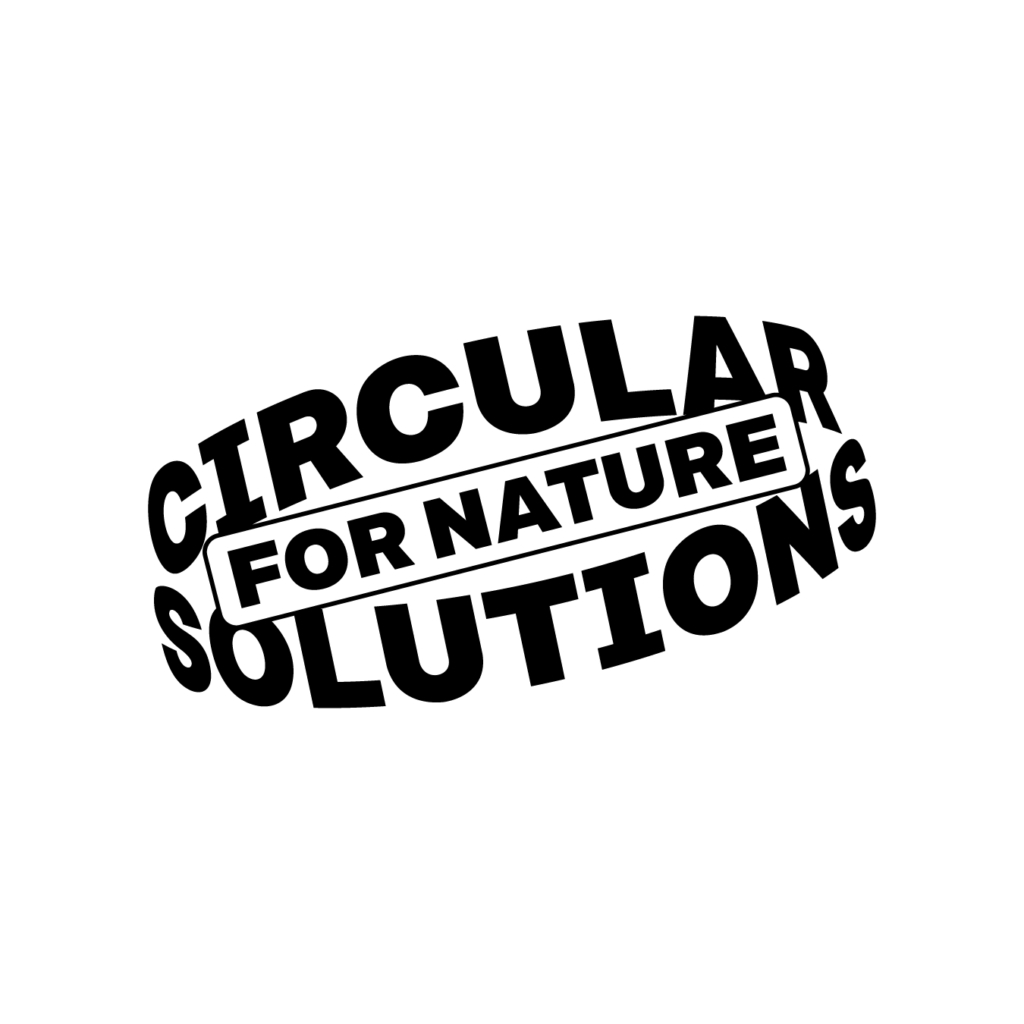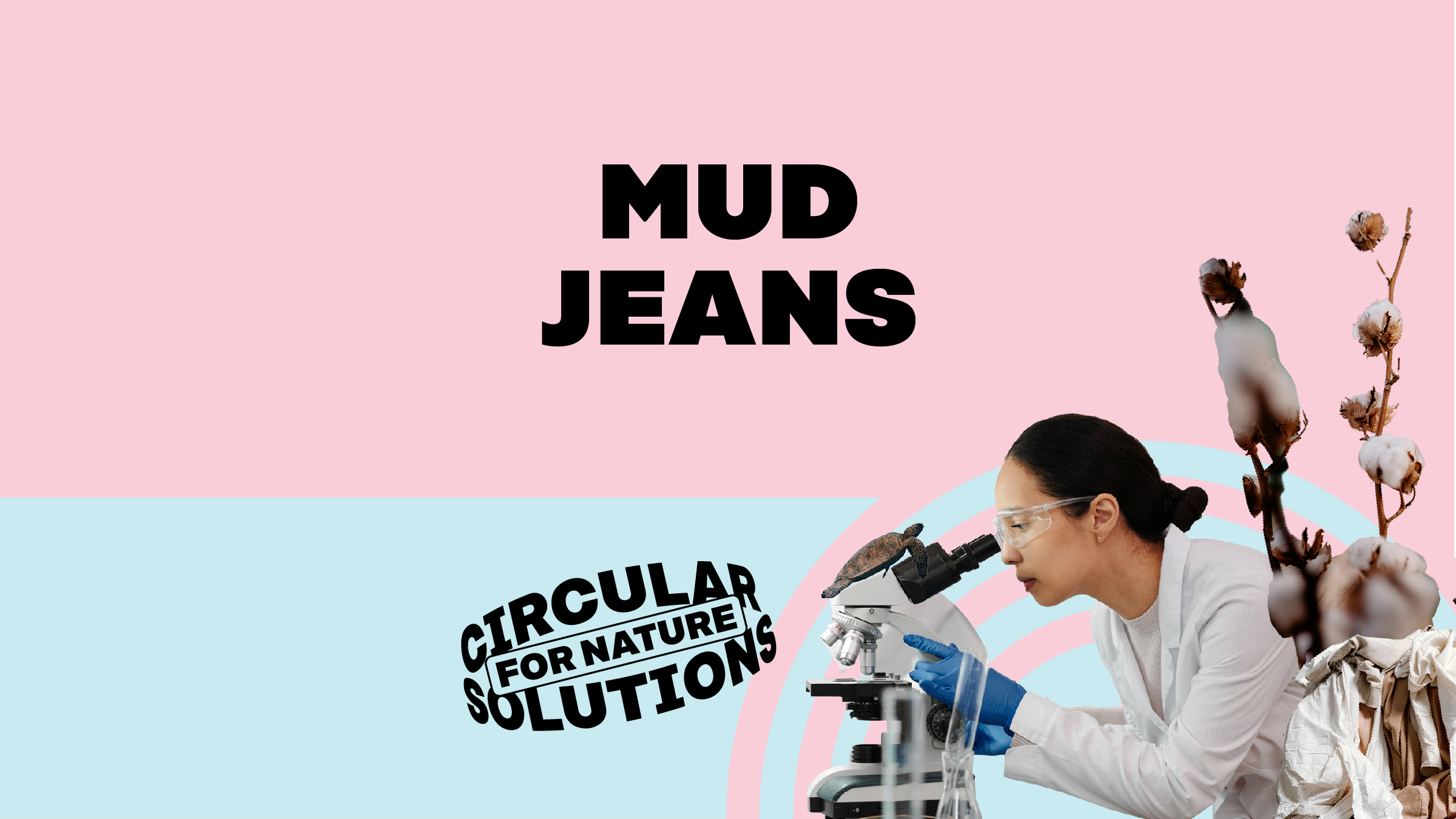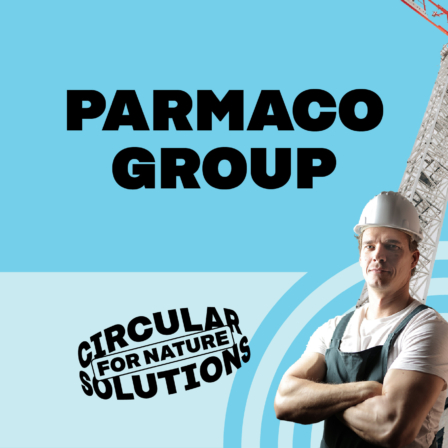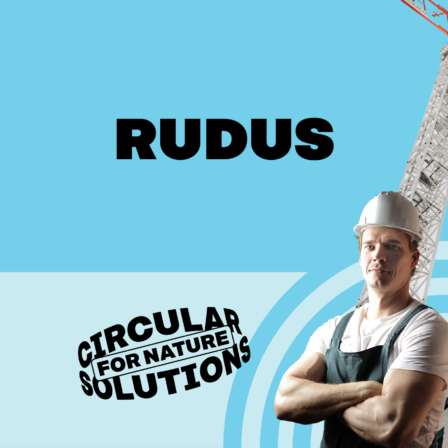Problem
The increasing use of natural fibres, such as cotton, contributes to land-use change, degradation of ecosystems and pollution, as manufacturing jeans consumes significant quantities of water and harmful chemicals. At the same time, textiles have increasingly short usage rates and the valuable textile materials are often not collected as a resource but are instead incinerated or put in landfills. However, options for repair, reuse and other means of increasing the usage of textiles are currently not sufficiently convenient for consumers.
Solution
MUD Jeans has developed the jeans leasing model. The jeans on offer are crafted from a blend of up to 40% post-consumer recycled cotton from old jeans from MUD Jeans and other brands sent in by customers, with the remaining portion coming from certified organic cotton. To optimise the value of the textiles, the returned jeans can either be recycled to recover cotton for new jeans or they can be reconditioned, depending on the condition of the jeans. MUD Jeans consciously limits the use of elastane in stretch styles to improve recyclability.
”Firms that offer products as a service have a built-in incentive to design products that are long-lasting and easy to repair, not least for garments that usually wear out in the same spots.”
Riku Sinervo and Tim Forslund, Sitra
Biodiversity impacts
Extending the life cycle of jeans reduces the need for land use, pollution and greenhouse gas emissions for traditional cotton cultivation and textiles production, which puts significant pressure on water resources and aquatic life through processes such as dyeing. Opting for organic cotton helps avoid harmful pesticides and fertilisers, which can help improve soil health and quality.
Benefits for the company
The leasing model can lead to cost savings in raw material procurement, production and inventory management, by avoiding overstocking. The incorporation of recycled and organic materials aligns with the growing market demand for long-lasting and non-toxic products, enabling longer customer relationships, steady incomes and possibilities for reselling.

































